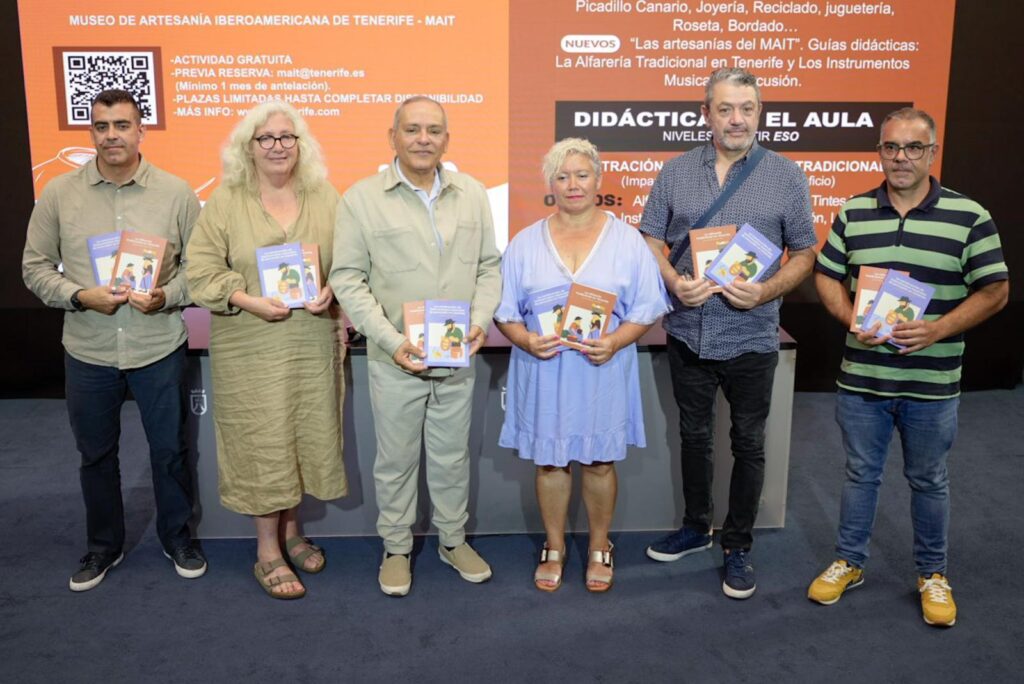The Cabildo of Tenerife plans to advocate for the renaming of the ‘Monument to the Angel of Victory’, commonly referred to as the Franco Monument, to ‘Monument for Concord’ following a ruling necessitating the commencement of the Asset of Cultural Interest (BIC) file concerning the structure situated on Anaga Avenue in Santa Cruz de Tenerife.
In a press release, the insular Corporation stated that the president, Rosa Dávila, along with the vice president, Lope Afonso, will present a motion during the forthcoming Plenary Session of the Council to effectuate this change.
Both officials highlighted that, while the Corporation respects the judicial decision, altering the name and meaning of the monument is crucial and must not be delayed. This change is essential to align with the democratic and coexistence values that the Institution champions, as advocated by current historical memory legislation.
The ruling compelling the Cabildo to commence this file stemmed from an appeal lodged by the Association for the Investigation and Protection of the Historical Heritage of San Miguel Arcángel, which claimed the artistic and distinctive value of Ávalos’ creation in the Canary Islands.
The court’s verdict stipulates that the sculpture deserves safeguarding, both for its significance as an artistic work and as a singular representation of the artist’s contributions within the Islands.
The president of the Cabildo of Tenerife remarked, “from the island corporation, we express our strongest commitment to freedom and democracy, thus it would be unacceptable to preserve historical elements that do not reflect current democratic values, as outlined in the Law of Historical Memory.”
She further added that it is vital to “resignify the monument, transforming it into a symbol of unity, harmony, and future strength for all of Tenerife’s society, rather than perpetuating the glorification of a dictator’s victory, which represents the bleakest periods of our recent history.”
In her view, “this initiative not only serves to comply with the court ruling that mandates the protection of the work, but also presents a significant opportunity to align it with contemporary democratic values and convey a message of reconciliation and peace for the society of Tenerife.”
















